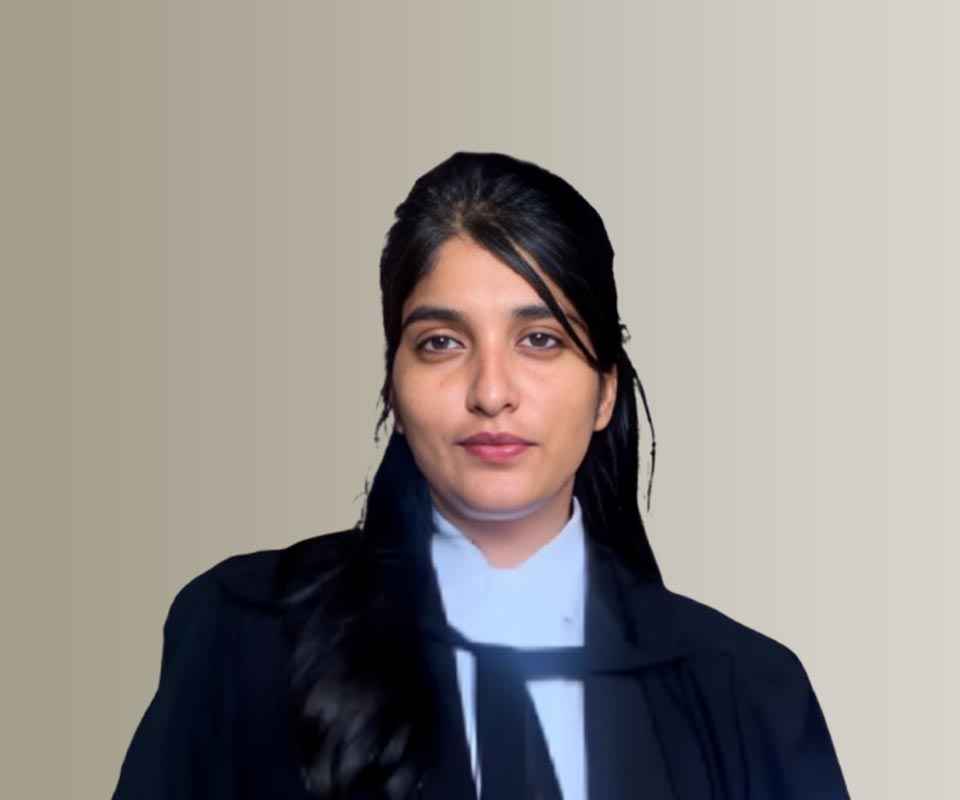Answer By law4u team
Yes, a wife can claim maintenance for multiple children under Indian law. In fact, under various provisions of the law, not only is the wife entitled to maintenance, but the children also have the right to claim financial support from their father, especially when the father is financially capable but refuses or fails to provide for the children's well-being.
Key Legal Provisions for Maintenance of Multiple Children:
Section 125 of the CrPC (Criminal Procedure Code):
General Maintenance: Section 125 allows a wife, children, and parents to claim maintenance from the husband/father if they are unable to maintain themselves. This provision specifically covers children, regardless of whether they are minors or, in certain cases, adult children who are still studying or dependent on the parents.
Multiple Children: The wife can claim maintenance for all her children under this section, provided the children are unable to maintain themselves. The amount of maintenance awarded is generally determined based on the husband's income and the needs of the children.
Hindu Marriage Act, 1955:
Section 24 (Interim Maintenance):
While this section mainly applies to the wife during divorce proceedings, it also allows for the consideration of children's needs during the divorce process.
Section 25 (Permanent Maintenance):
After a divorce, permanent maintenance can be granted to the wife, and it may also cover the maintenance of minor children. The wife can claim alimony as well as maintenance for her children under this provision, based on the financial condition of both parents and the children's needs.
The Domestic Violence Act, 2005:
Children’s Rights:
Under the Protection of Women from Domestic Violence Act, a woman can claim maintenance for her children, especially if she is the primary caregiver. The act allows the court to grant monetary relief to cover the children's basic needs, including education, health, and general well-being.
Interim and Final Maintenance: The law provides for interim maintenance and also the final maintenance amount based on the financial capabilities of the father and the number of children involved.
Muslim Women (Protection of Rights on Divorce) Act, 1986:
This law provides for maintenance to children as well, although the primary focus is on the woman. After divorce, the father is responsible for maintaining his children until they are capable of self-support (usually until the age of 18 or longer in cases of disability or continued education).
How is Maintenance for Multiple Children Determined?:
The amount of maintenance for multiple children is not fixed, but it depends on various factors, including:
Father’s Financial Capacity:
The maintenance amount is generally based on the income of the father, his financial condition, and his ability to provide support. Courts will look at the total income of the father to determine an appropriate amount for the children.
Number of Children:
In cases with multiple children, the maintenance amount may be higher because the needs of more children are being considered. The court will typically distribute the maintenance amount according to the number of children and their specific needs. For instance, if there are three children, the maintenance amount will be divided among them, based on their individual needs (education, health, etc.).
Children’s Age and Needs:
The age of the children and their specific requirements are crucial in determining the amount of maintenance. Younger children, especially those in school or requiring special care, may need more financial support. Older children or those pursuing higher education might also be entitled to maintenance until they become financially independent.
Standard of Living:
The children’s maintenance is also influenced by the standard of living they were accustomed to before the divorce. The aim is to maintain a similar standard of living for the children as much as possible.
Mother’s Income:
If the wife (mother) is financially capable or has a stable income, it may reduce the overall maintenance amount, though the father still has an obligation to contribute to the children's upkeep.
Example:
- Case 1: A wife with two minor children (aged 5 and 8) files for maintenance under Section 125 of the CrPC. The court evaluates the husband’s income and decides to award ₹10,000 per month as maintenance for both children, to be divided between them (₹5,000 each). The wife may also receive maintenance for herself if she is not earning or unable to support herself.
- Case 2: After a divorce, the mother of three children (aged 6, 14, and 18) claims maintenance under the Hindu Marriage Act. The court considers the father’s financial position and orders ₹15,000 per month for all three children (₹5,000 each), with the eldest child’s maintenance continuing until the child completes their education. If the eldest child starts earning or becomes financially independent, the maintenance obligation may be reduced.
Key Factors in Determining Child Maintenance:
- Educational Needs: Courts may increase the maintenance amount if the children require educational expenses such as tuition, school fees, or extra-curricular activities.
- Health Needs: Medical expenses for children, especially if one or more children have special health conditions, may also influence the amount of maintenance awarded.
- Father’s Financial Support: The court will take into account the father’s financial ability and any other obligations he may have (e.g., support to elderly parents or other dependents).
Conclusion:
A wife is certainly entitled to claim maintenance for multiple children under Indian law. The total maintenance amount for children is determined based on the father’s financial capacity, the number of children, their age, and their specific needs. The law recognizes that children, especially minors, depend on their parents for financial support and aims to ensure that they receive proper care and financial backing from the parent who is capable of providing it. Courts strive to ensure that the children’s standard of living is maintained, even after divorce or separation, and will take all relevant factors into account when deciding the maintenance amount for multiple children.







